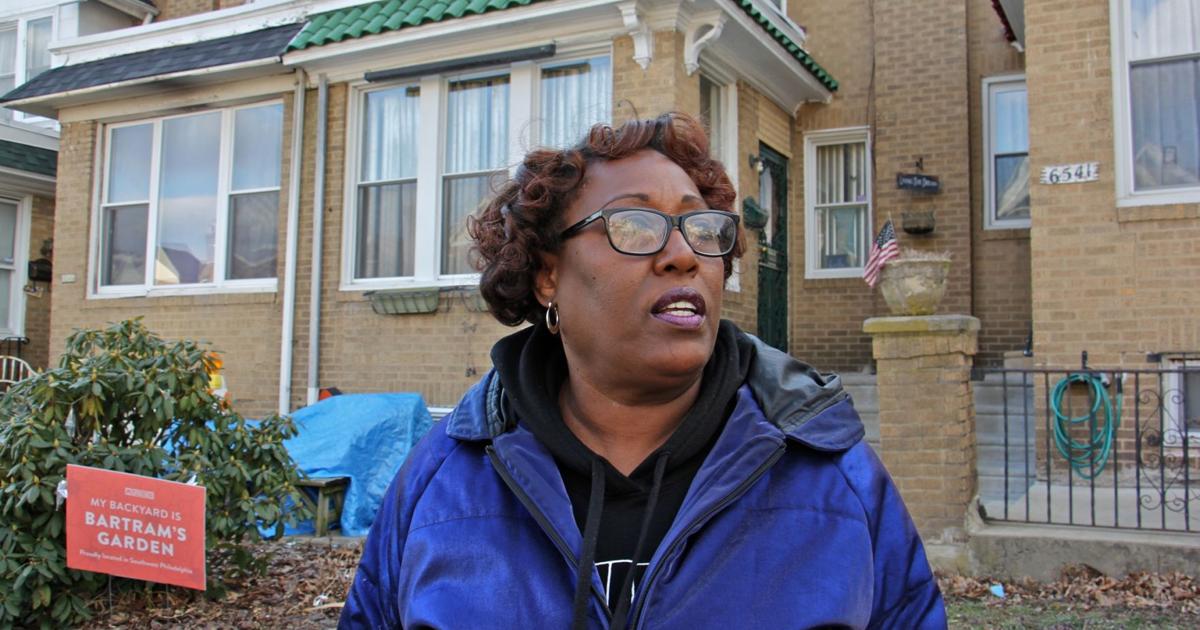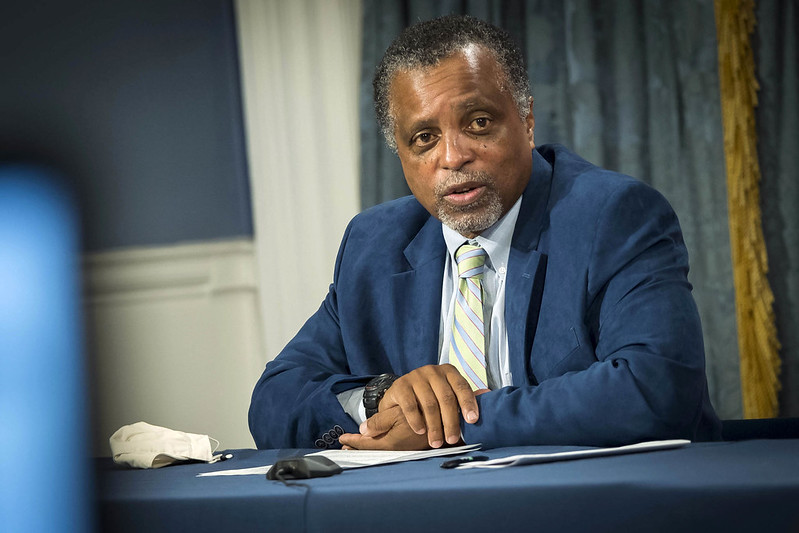How Lawmakers Could Compromise on Build Back Better

Alexi Rosenfeld | Getty Images
As the Democrats’ plan to rebuild better is presented to the Senate, a key proposal – paid family leave – risks being removed from the $ 1.75 trillion package.
But lawmakers have an opportunity to compromise and come up with a plan that costs less, according to analysis from the Bipartisan Policy Center, a Washington, DC think tank.
The House of Representatives passed its latest version of the Build Back Better bill last week with a vote of 220-213 consisting only of Democratic support. It included four weeks of paid family and medical leave for all workers, from employees to independent contractors. This is down from 12 weeks of a previous $ 3.5 trillion proposal.
Lawmakers could push back the award yet, namely Sen. Joe Manchin, DW.Va., who has voiced his opposition.
New estimates from the Congressional Budget Office indicate that the proposed paid vacation measure would cost around $ 205 billion over 10 years.
“What I have made clear to the President and Democratic leaders is that spending billions more billions on new and expanded government programs, when we cannot even pay for essential social programs, like the social security and Medicare, is the definition of fiscal insanity, “Manchin said in a September 29 statement.
However, in an interview with Face the Nation on CBS on Sunday, Senator Kirsten Gillibrand, DN.Y., a strong supporter of the issue, said: “Joe Manchin has come a long way on paid leave.”
Manchin’s office declined to comment.
However, the Bipartisan Policy Center found that by reducing the program to only cover leave for new parents, lawmakers could cut costs and possibly even extend the length of leave.
A six-week parental leave program could roughly halve the estimated costs of the current proposal. The Bipartisan Policy Center estimates that such a program would cost between $ 85 billion and $ 108 billion.
Instead, lawmakers could choose to extend a paid parental leave program to eight weeks, which would cost between $ 105 billion and $ 133 billion. At 12 weeks, that would cost between $ 128 billion and $ 169 billion, which is still well below the current four-week proposal that applies to most workers.
There isn’t much in this package for new parents if paid family leave drops.
Adrienne schweer
Researcher, Biparty Policy Center
These costs could be reduced even further by “testing” the program. A 12-week program for workers with incomes below 325% of the federal poverty line could cost about $ 43 billion. If this were extended to workers with incomes below 450% of the federal poverty line, it would cost about $ 58 billion.
Estimates were calculated by the Bipartisan Policy Center, with assistance from the American Enterprise Institute.
“There isn’t a lot of talk about how you could play around with different dials of the number of weeks to get a fairly robust program for minimal cost,” said Adrienne Schweer, member of the Bipartisan Policy Center and head of its working group on paid family leave.
A paid parental leave program might be easier to start than the larger proposal that is now on the table. One of the reasons is that it would have simpler certification requirements and be easier to verify against caregiving or medical leave. In addition, the federal government already has experience in administering such a program to federal employees.
It would also help align the United States with other developed countries, as the United States is one of the few countries that does not have maternity or paternity leave policies in place.
More from Personal Finance:
House passes law including paid family leave
Restrictive retirement rules for the wealthy closest
Bill’s child tax credit is a boon for low incomes
While the Build Back Better plan has other features to help children – including extending monthly child tax credit payments and child care – these would not help babies or their babies. parents, Schweer noted.
“There’s not much in this package for new parents if paid family leave drops,” Schweer said.
If paid time off is not addressed now, lawmakers in Washington could take years to reconsider the issue, she said. As next year is an election year for many public servants, they will likely be reluctant to tackle major bipartisan issues.
While it’s not clear whether Democratic lawmakers are considering a parental leave-only program, some executives have said they would be willing to consider it.
“I would always like to see paid time off for babies, if we can’t get the rest,” House Speaker Nancy Pelosi, D-Calif., Said of the Build Back Better negotiations at a October 28 press conference.






